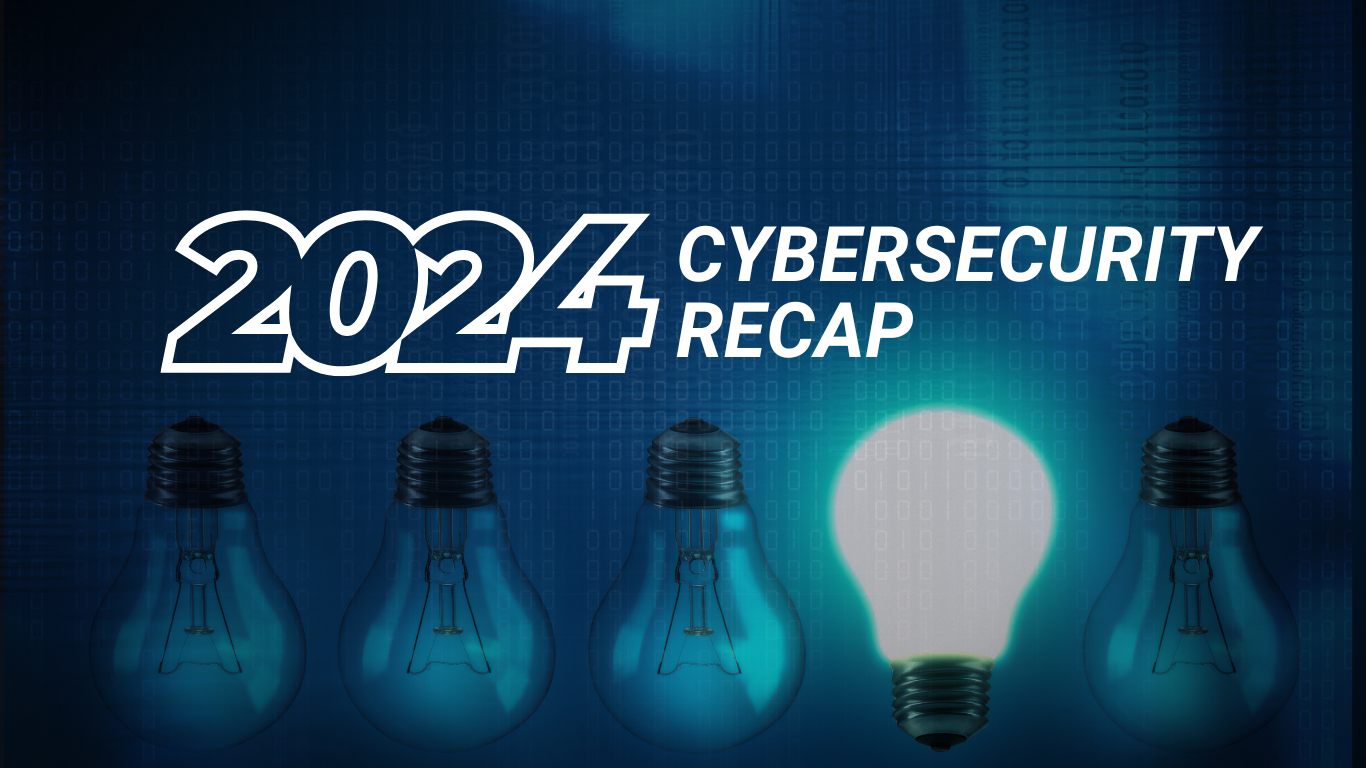The Cybersecurity Crystal Ball
If you think our lives are surrounded by technology today, can you imagine what it will look like in 2030? At that point, there will be more than 90 billion devices connected to the internet – that’s ten devices per person.
While having technology embedded into practically everything around us has its benefits, it also comes with challenges. Just as technology improves facets of our daily lives, hackers are also using it to their advantage. With more devices than ever to breach, and more advanced technologies, hackers will continue to seek novel ways to access systems and steal data. This also means for a business to survive in 2030, it will need to make cybersecurity a top priority in an effort to stop these threats.
A Look at Future Cyberattacks
Some form of augmented reality could replace most smartphones. The future YouTube channels will have 4D movies that immerse you in another individual’s created reality. Artificial intelligence will be independently self-learning without the need for human support. But as the digital environment becomes more complex, so will the potential for vulnerabilities.
While many cyberattacks today target exposures and soft targets, those of the future will paint a target on the back of a business and learn more about a company than possibly any employee knows. Hackers in 2030 will use advanced network analysis and machine learning tools to get a complete overview of a company’s attack surface using stealth tactics to plan a cyber attack—days, weeks, or months before the attack.
Imagine the ability to continuously build a network of bots out of the 90 billion devices connected to the internet that cyber-thieves can use as minions. They will hide behind these bots as they gather data on a business. And once they have gathered enough to ensure success, they will attack quickly and many times undetected.
Preventing Attacks in 2030
To keep up with advanced tactics, cybersecurity experts will have to arm themselves with new tools and skills. It will no longer be enough to act as a security guard and stop threats from getting in. They will have to eliminate and deter attacks before they begin when the attackers are starting to look for a way in.
Artificial intelligence will advance to the point that even the stealthy tactics will trigger a threat detection alert. It will come down to attack or be attacked. Therefore, businesses will need a network detection and response system capable of predicting when and where attacks are likely to occur and take a proactive approach to keep them out.
The same machine learning technology will also predict the next action of an attacker attempting to breach a network. It can then create false exposures and honeypots that will be irresistible to hackers – and ultimately leading to their demise. While the hackers are busy gathering fake data meant to direct them away from any sensitive data, it will also identify the hackers and relay information to authorities.
Much of the technology in 2030 will be things of which we never dreamed. To many, it will seem to be a utopia. But behind the scenes, hackers and security professionals will still fight a battle for your data, albeit with more advanced tools. Are you ready?






